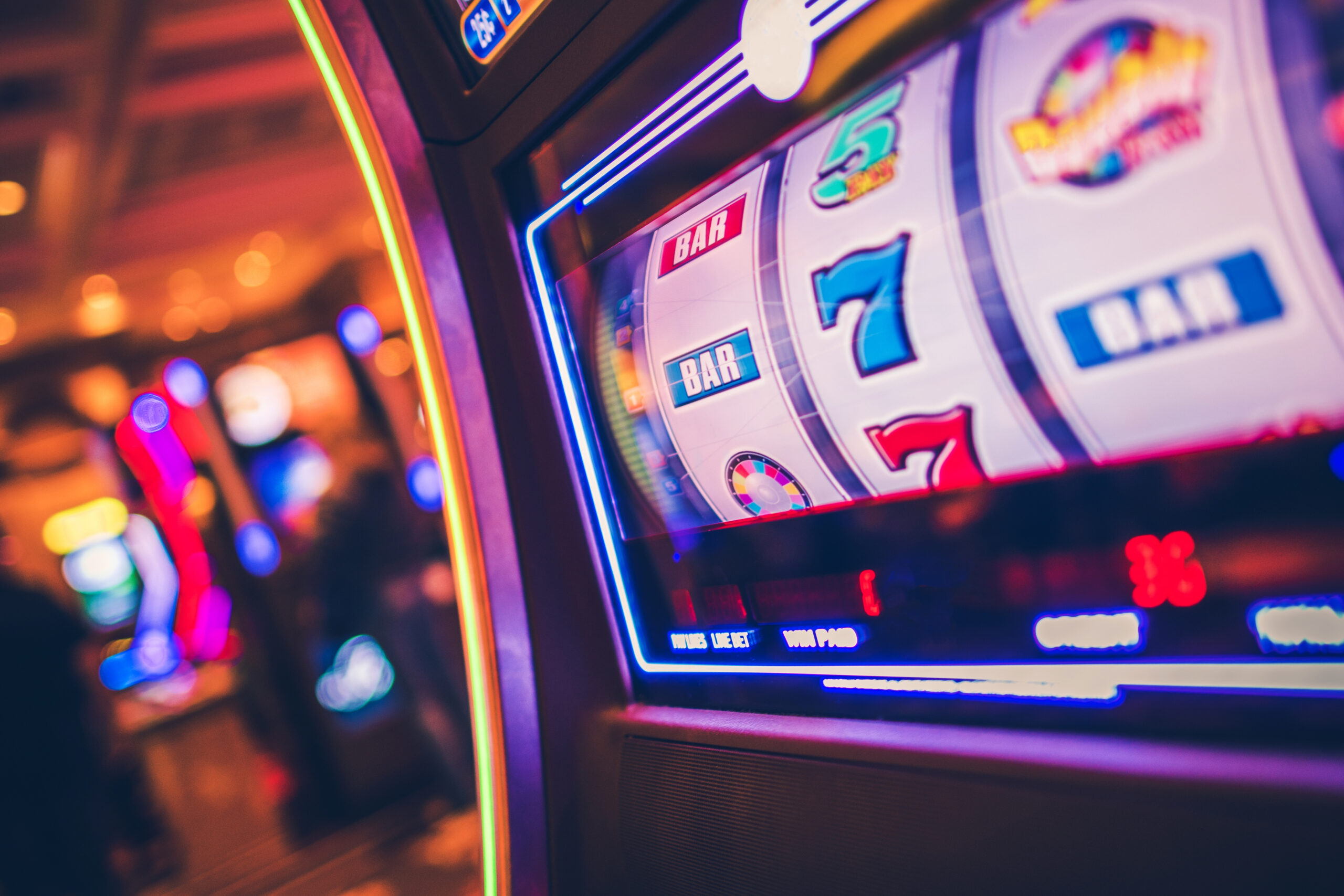Slot machines have long been a favorite among casino-goers, providing hours of entertainment and the potential for life-changing jackpots. However, some players may question the fairness of these games, wondering ‘are slot machines rigged to cheat players?’ In this article, we will delve into the mechanics of slot machines and debunk the myth that they are rigged in the traditional sense.
Slot Machines: Rigged or Fair?
In essence, slot machines are not rigged to cheat players, at least not when they are offered by reputable casinos and game providers. These establishments and software providers are required to adhere to strict regulations and testing standards, ensuring that their games are fair and random.
That being said, slot machines are designed to provide the house with a mathematical advantage, which is built into the game’s mechanics. This advantage, known as the house edge, ensures that the casino generates a profit over time.
Return to Player (RTP)
The return to player (RTP) is a percentage that indicates the amount of money a slot machine is expected to return to players over an extended period. For example, a slot machine with a 96% RTP will theoretically return $96 for every $100 wagered. It is essential to note that the RTP is a long-term average and does not guarantee that a player will receive this exact percentage of their wagers back during a single session.
The RTP provides players with an idea of a slot machine’s potential payout relative to other games. Generally, slots with higher RTP percentages are considered more player-friendly, as they return more money to players over time. However, it is crucial to remember that RTP does not guarantee wins or losses in the short term, as individual gaming sessions can be influenced by luck and variance.
House Edge
The house edge represents the casino’s advantage in a game, calculated as the difference between 100% and the RTP. For example, a slot machine with a 96% RTP has a 4% house edge. This edge ensures that the casino will make a profit over the long run, as the odds are slightly in their favor.
The house edge varies between different slot machines and can range from as low as 1% to as high as 15% or more. Typically, players should seek out games with a lower house edge, as these games are more likely to provide better returns over time. You can learn more about house edge in this article.
Random Number Generators (RNG)
Random Number Generators are computer algorithms that produce a sequence of seemingly random numbers. These numbers are used to decide the symbols that appear on the reels and ultimately, the outcome of each spin. The RNG continuously generates numbers, even when the slot machine is not being played, ensuring that the outcome of each spin is independent and not influenced by previous results.
RNGs play a crucial role in determining slot machine payouts. Since the outcome of each spin is determined by the RNG, the slot machine operates with a predetermined return to player (RTP) percentage. The RTP represents the theoretical amount of money the slot machine will return to players over an extended period, with the remaining percentage constituting the house edge.
For example, a slot machine with a 96% RTP will, in theory, return $96 for every $100 wagered. The concept of RTP is a long-term average and does not guarantee a specific return during a single gaming session. The randomness introduced by the RNG means that individual spins are unpredictable, and players may experience winning streaks or losing streaks in the short term due to variance.
So, Are Slot Machines Rigged?
Sort of, but not in the way you might think. You can win them, and most of them don’t cheat you. However, they have mathematical algorithms that ensure the casino makes a profit no matter what over a long enough timeline.
Learn more about how to play slot machines here.
